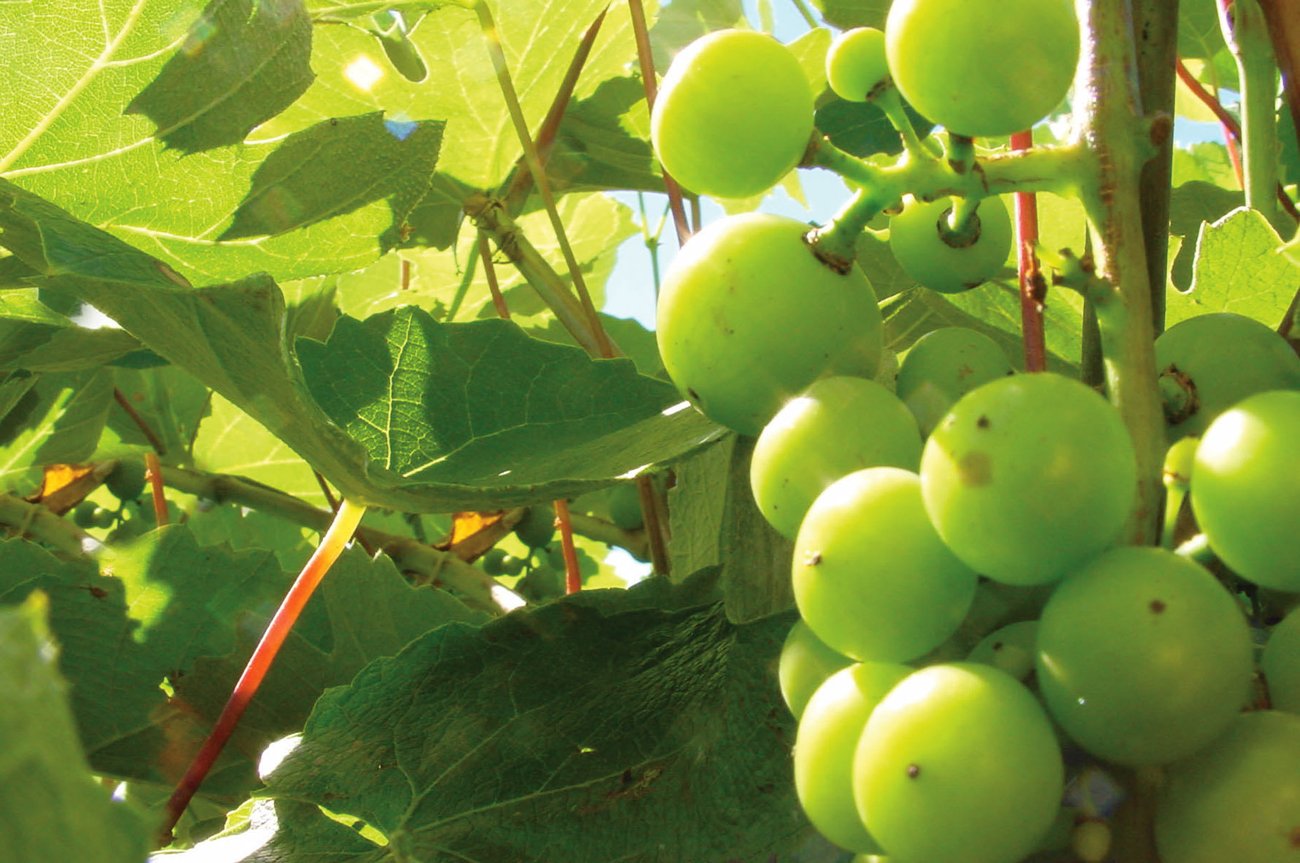How a company from Blenheim hopes to turn Malborough grapeseeds, destined for the compost, into making people feel full

Dr Glenn Vile had around year 2000 read a piece of literature where some scientists reported having isolated active ingredients affecting weight management from experiments done using animals.
He had a lightbulb moment. “Hello, I thought. The active ingredients identified were some of the ingredients which we can get out of grapeseeds here.”
The little ‘aha’ moment set him on a journey which led him and a couple of entrepreneurs on the race to find a pill for helping obese people battle the kilos.
Plugging into new funding made available to Plant and Food by the government in 2009, Vile was able to expand on his initial quest to leverage on the science. The six-year research of $19.2 million was funded from the Foundation for Research Science and Technology, with financial funding from private sector companies including Zespri and Sanitarium, Hansells Food Group, Comvita, New Zealand Extracts, Simplot, Bell Tea & Coffee and input from Yarrows.
The Plant & Food Research programme drew on the expertise of scientists in this area from the University of Auckland and Massey University. Their quest including understanding the potential appetite control mechanisms triggered as food passes along the digestive tract.
Chasing science, Fat Mates trial
Four years later and $12 million in development, Tuatara Natural Products, a company spun out from New Zealand Extracts – was formed to market a pill Satisfax®. NZ Extract is a company 33.3%-owned by Vile, and two others, Neil Charles-Jones, and Michael Turner.
“We plugged into the research money made available through Plant and Food, looking for the science. We had some ideas of where we wanted to go with the science, and the areas we wanted to work on,” he told Idealog.
Using compounds extracted from grapeseeds and kiwifruit, the company developed the pill, which contains active ingredients it says will slow down food digestion rate, to deliver food to specific parts of the intestine at the right time.
After a small clinical trial based on the initial findings, the company decided to in October 2014 put the trial in the public eye, and called out for volunteers through the “100 Fat Mates” programme through Tuatara’s home town in Blenheim. Within three days, 400 people had enrolled on Tuatara’s website, representing over two percent of Blenheim’s population.
Participants chosen were between 18 to over 60 years old with body mass index of between 30 and 40. They took Satisfax® for eight weeks without any diet or lifestyle change.
The product did not work for everyone but of the 52 who took the recommended dosages, 46 people lost weight, averaging three kg, while the top 26 lost a five-kg average. Two person lost of 10 kg.
An independent bio-statistician Professor Chris Frampton, analysed the results of the clinical trial.
Vile says Satisfax® comes with well-backed science. “We believe in terms of the natural products market, ours is the most well-researched. When you look at what’s in the market, there is very little supporting evidence. Many are purely marketing stories, they come and go. They might make a lot of money, but there is very little science behind.”
More uses for grapeseeds
Vile is no newcomer to the impact of food on the body. “My area of expertise and experience has been in looking at what keeps us healthy, especially the food we eat and its impact on the body.”
He did his PhD in the University of Otago, looking at the impact of antioxidants on cancer treatment. His post-doctoral research, done at the Swiss Institute of Experimental Cancer Research, was on UV radiation in cancer, on how the body builds resistance to carcinogenic substances.
He is also occupied by other functional uses of the grapeseed and one other trail of benefit from the veritable Sauvignon Blanc grapeseed grown in the Malborough region – which have developed some resistance to UV radiation, due to the fact they thrive under the sun in clear skies.
Using AgResearch senior scientist Jolon Dyer, the company had tested the impact of grapeseed extract on skin exposed to UV, and has developed a product around the science.
The best thing about his business is the raw ingredient comes from “waste”. After the winemakers are done extracting what they need, the rest is basically headed for the compost or food for farm animals.
The grapeseeds are then put through a proprietary water-based extract method developed by NZ Extracts, to pull out the compounds for manufacturing.
“The grape harvest season is about 4 weeks away,” Vile says, noting that how demand pans out will determine how much grapeseed they need to have on demand. “We have to be careful about how we go to market, how we grow to meet demand given the grape harvest is once a year.”
Over the near term, Tuatara will be keeping a close watch over the demand for the pill it is marketing.
Vile is hoping the company will in the future end up being like the Apple of the natural supplements world. “We are a company of four full-time people. We are basically still a startup. We are a bit like Apple, in its very early days. Mac had then just been introduced in the market, it was a new and innovative product, but fairly special, it wasn’t then running millions of orders, but it had highly technical staff.”
He hopes the company has all the ingredients that would make it successful, including having highly technical people.
What he says is working well is the NZ Inc model, enabling private sector entrepreneurs to draw upon public-backed institutions for research expertise. NZ Extract has, for example, used government institutions to work on testing the science for weight management, and for researching the impact of grapeseeds on UV protection.




